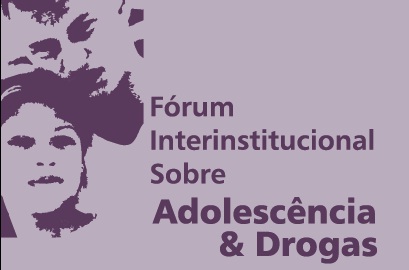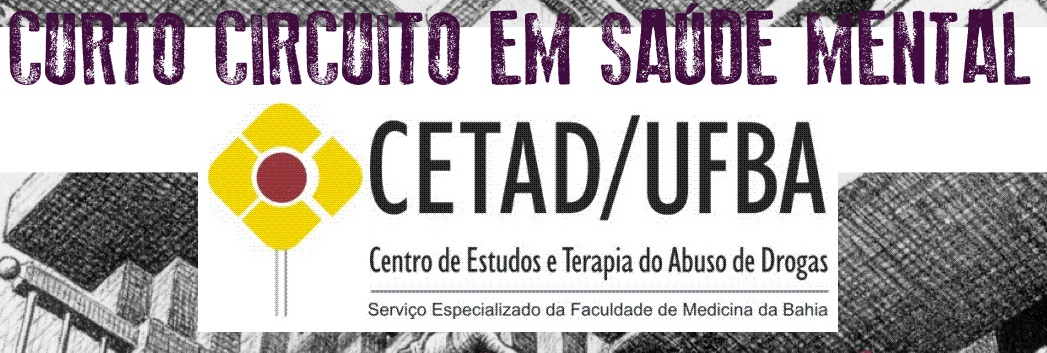"As drogas, mesmo o crack, são produtos químicos sem alma: não falam, não pensam e não simbolizam. Isto é coisa de humanos. Drogas, isto não me interessa. Meu interesse é pelos humanos e suas vicissitudes."
Antonio Nery Filho
Menu
CETAD acontece
Parceiros
Apoio
Harm reduction: the cannabis paradox
por MELAMENTE, Robert em
« Voltar Imprimir
| Resumo |
| This article examines harm reduction from a novel perspective. Its central thesis is that harm reduction is not only a social concept, but also a biological one. More specifically, evolution does not make moral distinctions in the selection process, but utilizes a cannabis-based approach to harm reduction in order to promote survival of the fittest. Evidence will be provided from peerreviewed scientific literature that supports the hypothesis that humans, and all animals, make and use internally produced cannabis-like products (endocannabinoids) as part of the evolutionary harm reduction program. More specifically, endocannabinoids homeostatically regulate all body systems (cardiovascular, digestive, endocrine, excretory, immune, nervous, musculo-skeletal, reproductive). Therefore, the health of each individual is dependant on this system working appropriately. |
























